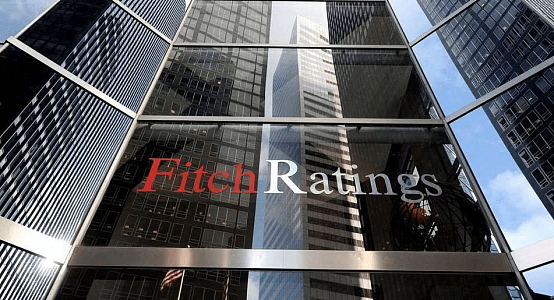Nur Otan received 71.1% of the vote in Sunday’s parliamentary elections, followed by the centre-right Ak Zhol (11%) and the far-left People’s Party of Kazakhstan (9.1%), the country’s Central Election Commission said on Tuesday. The result gives Nur Otan 76 deputies compared to Ak Zhol’s 12 and 10 for the People’s Party of Kazakhstan.
The Nationwide Social Democratic Party, a key opposition party, boycotted the elections, and both Ak Zhol and the People’s Party of Kazakhstan have been broadly supportive of President Kassym-Jomart Tokayev, who took office in 2019. Tokayev succeeded Nursultan Nazarbayev (who remains Nur Otan party leader) when he stepped down after 30 years as president.
The country’s more flexible exchange rate regime, which dates from 2015, has passed its biggest test to date under President Tokayev: cushioning the sovereign’s external balance sheet from the sharp fall in oil prices last year, preserving reserves. This was accompanied by some interventions to support supply in the local foreign-exchange market during periods of heightened volatility. Large sovereign external buffers, composed primarily of oil-fund savings invested abroad, are a key rating strength, and in 2020 were supported by buoyant global financial markets and gold prices.
The recovery in oil prices, buoyed by recently announced Saudi production cuts, in addition to higher Kazakh production, will support government revenue and hence the public finances. We forecast a substantial narrowing in the fiscal deficit in 2021 (to 2.1% of GDP, from 6.4% in 2020) and a balanced budget next year, mainly due to the rolling-off of pandemic-response measures and a rebound in revenue. We forecast debt-to-GDP to fall by around 2pp in 2021-2022 to 21.6%, and although this would still be higher than in 2019 (18.5%), it is well below regional and peer medians. Fiscal policy was not well-anchored prior to the Covid-19 crisis in our view, and an emphasis on social spending that predates the pandemic is a risk to our fiscal forecasts.
President Tokayev initially maintained the push for further structural economic reforms initiated under his predecessor, including pension reform and privatisation, but these have been on hold during the pandemic. Prospects for these reforms are uncertain and dependent on the course of the pandemic and how longer-term policy priorities develop under a still comparatively new president.
Earlier efforts to improve the business climate and institutional policy-making framework have significantly improved Kazakhstan’s WGI rankings in ‘Government Effectiveness’ and ‘Control of Corruption’ and the country rose by 2pp to the 43rd percentile in last October’s rankings.
President Tokayev has demonstrated some appetite for limited political reforms, for example allowing opposition parties a slightly greater political role. However, observers from the Organization for Security and Co-Operation in Europe said that Sunday’s election had not offered voters a genuine choice, and Kazakhstan’s latest ‘Voice and Accountability’ indicator in the WGI recently fell slightly from an already low level. Governance indicators remain weaker relative to ‘BBB’ category peers.
Photo source: picture from an open source
